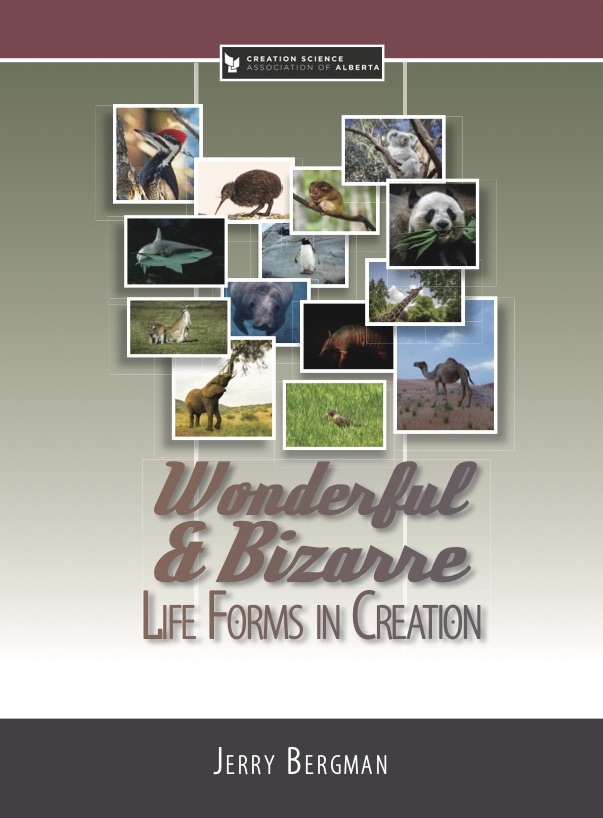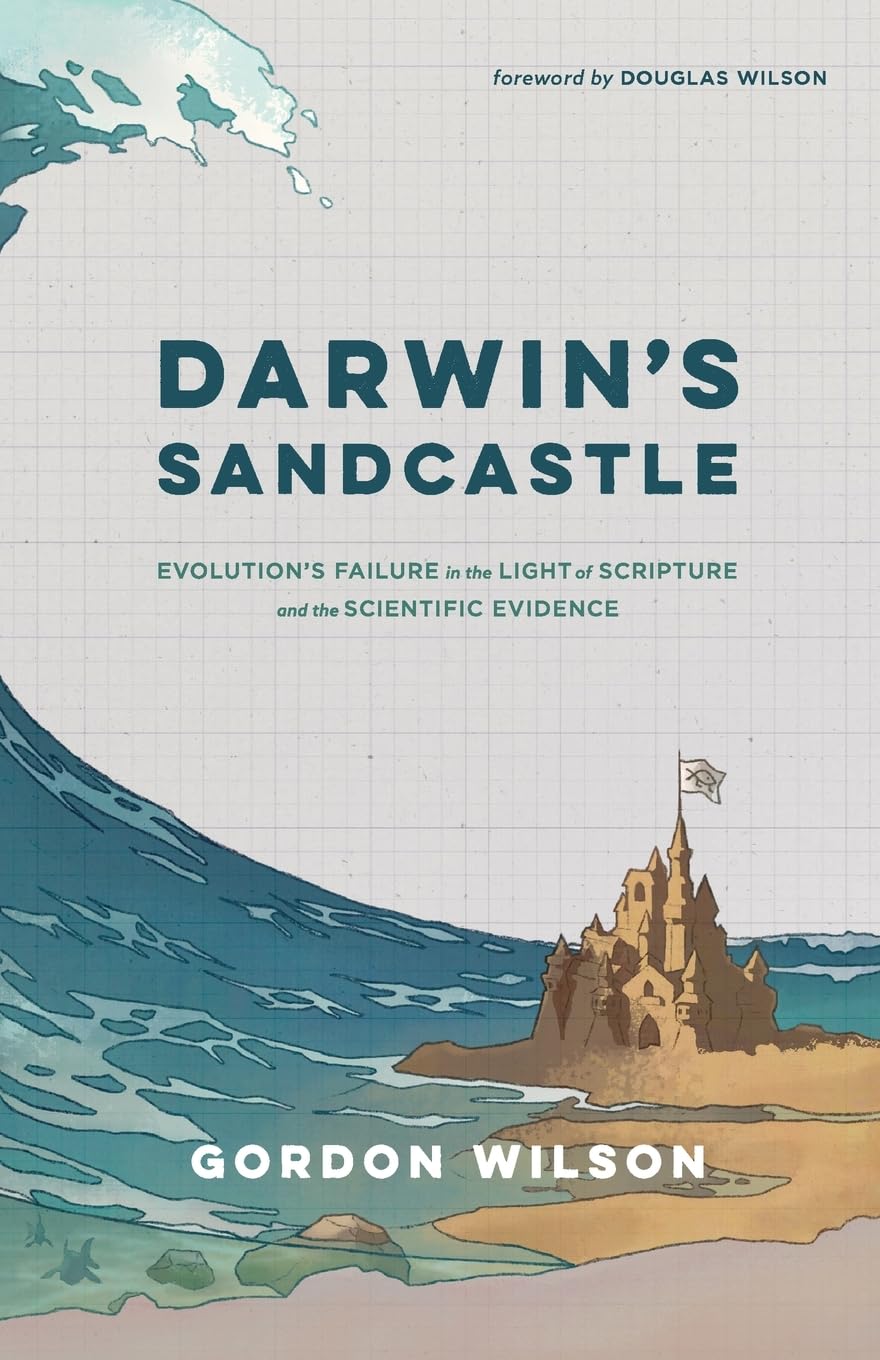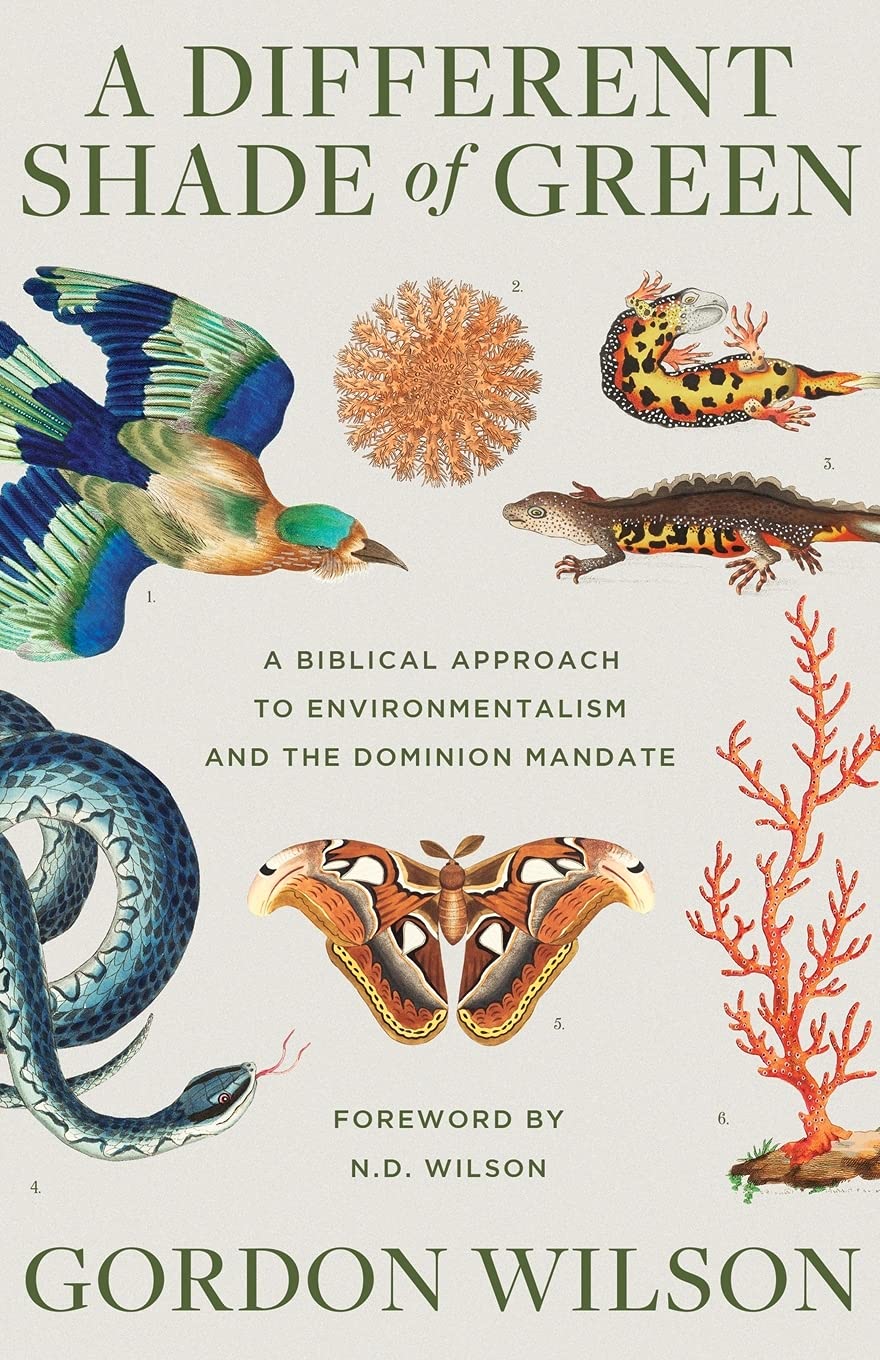Dialogue 2011 #3
Diatoms are a major group of plants which float in open water, and they are one of the most successful types of microscopic algae known. The estimated over 100,000 known species are found in the oceans, in freshwater, in soils and even on damp surfaces. Most diatoms are unicellular, although some can form colonies in the shape of long filaments or ribbons. As eukaryotes or cells with a nucleus, they have highly complex cells, comparable to other eukaryotes such as mammals and even humans (Philippe, et al., 1994, Journal of Evolutionary Biology 7: 247). Read the rest of this entry »
Have you ever noticed that everybody seems to place a high value on problem solving? I can well imagine one’s mother saying “This room is way too messy! How are you going to manage your clothes, toys, electronic gadgets (or whatever) so that this does not happen again?” She clearly expects you to come up with a plan and to follow it! Possibly you may come up with some way to organize your treasures in order to keep mum happy. Read the rest of this entry »
Perhaps one of the most famous books in the western world is Darwin’s Origin of Species, published in 1859. Most people with an interest in science, will remember that 2009, the one hundred fiftieth anniversary of the publication of this book, was marked by celebrations which were frequent and fervent. It seems fair to ask therefore precisely why this book merits such attention. Read the rest of this entry »
Dinosaur books are everywhere. There is no doubt about that. And you might well suppose that there is nothing new under the sun when it comes to discussions about dinosaurs. However Albertan Vance Nelson of Creation Truth Ministries has achieved the seemingly impossible. His argument about dinosaurs is new and fascinating. And the book is magnificent with beautiful illustrations from sites around the world. Also there are wonderful dinosaur reconstructions based on the latest scientific information. Read the rest of this entry »







